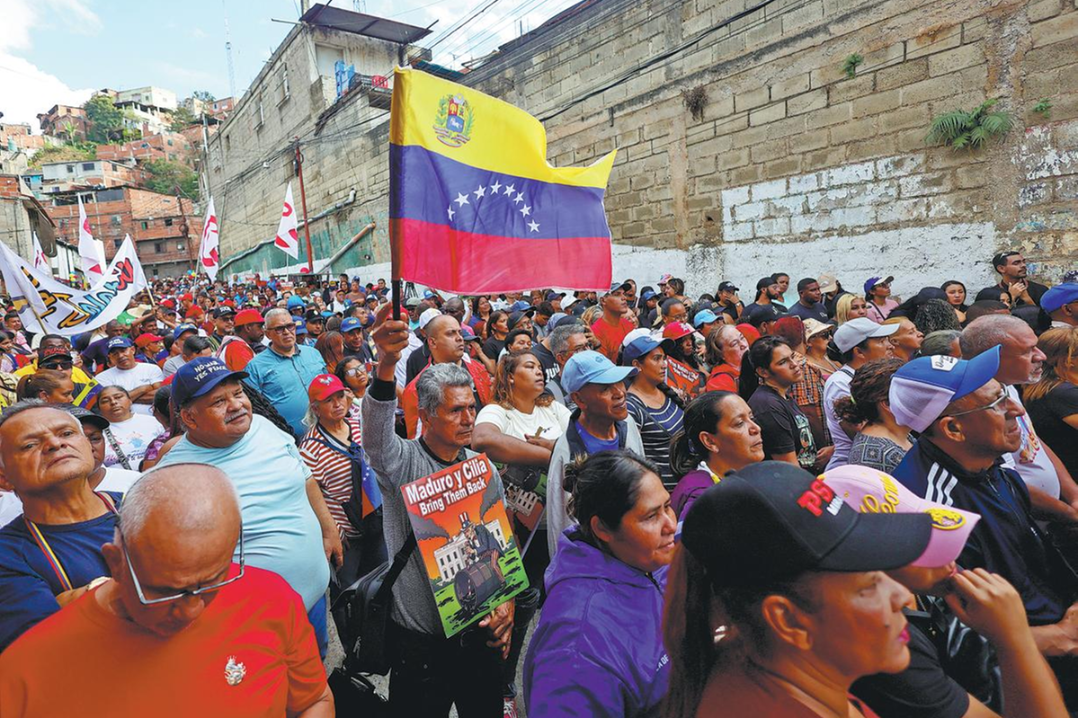New strategy to transform Africa's health security

African health ministers have adopted a new eight-year strategy to transform health security and emergency response in the continent.
Dubbed the Regional Strategy for Health Security and Emergencies 2022–2030, the move was spurred by the devastating impact of the COVID-19 pandemic on the continent's fragile health systems.
The new strategy, endorsed during the 72nd session of the World Health Organization Regional Committee for Africa in Togo's capital Lomé, aims at strengthening mechanisms for partnerships and multisectoral collaboration as well as ensuring sustained and predictable investment.
This is in addition to repurposing resources from polio eradication and COVID-19 to support strategic investments in systems and tools for public health emergencies.
The WHO member states agreed to reach 12 targets by 2030 to strengthen their capacity to prevent, prepare, detect and respond to health emergencies.
They committed to ensuring that 80 percent of member states secure predictable and sustainable health security financing as well as establish health districts with functional service deliveries and quality improvement programs.
This in addition to ensuring that 90 percent of countries have the capacity to mobilize an effective response to health emergencies within 24 hours of detection.
Member states also agreed to commit political will and provide technical leadership, mobilize domestic and external resources as well as provide adequate human and logistic resources to implement the strategy.
They also agreed to strengthen a one health coordination mechanism and build capacity at the national and decentralized levels.
According to WHO, Africa reports the heaviest burden of public health emergencies globally, with more than 100 such events occurring annually.
Before COVID-19 hit the continent, most of the top causes of epidemics including cholera, measles, yellow fever, meningococcal meningitis, influenza and viral hemorrhagic fevers, were preventable by strengthening routine immunization.
However, COVID-19 underscored the need to improve surveillance, diagnostics, treatment and a range of health services.
The pandemic's impacts overwhelmed health systems, interrupted essential health services and fueled socio-economic disruption, threatening to undermine decades of hard-earned health and economic gains.
"COVID-19 is a wake-up call for the African region to prioritize building resilient health systems capable of providing quality healthcare while coping with public health emergencies," Dr Matshidiso Moeti, the WHO regional director for Africa, said.
"There is a growing recognition of the mounting threat public health emergencies pose to global economies and societies, underlining the need for a One-Health approach and investing in prevention and preparedness. By investing now, we can prevent an economic and social meltdown in the future."

































